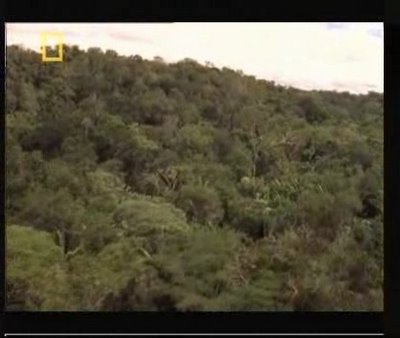
In the Amazon river region, one of the worst droughts ever recorded is damaging the world's largest rainforest, with wildfires breaking out, fresh drinking water becoming scarce and polluted and the death of millions of fish as the streams dry up.
"For human health, malaria is clearly danger number one, killing 3,000 African children every day," he told IPS. "This is a dramatic increase from the 1950s and '60s, when we thought we could control and contain this disease and the numbers were really dipping."
Malaria is spreading increasingly in highland areas in Africa. Before the 1970s, cold temperatures became freezing at high altitudes and thus limited mosquito populations to lower areas. Today, increased warmth has caused mountain glaciers to shrink in the tropics, permitting some mosquitoes to migrate higher in the mountains.
For 1999, the report estimates that in sub-Saharan Africa, the total cost of malaria can be valued at between 5.8 17.4 percent of Gross National Product. Malaria has also been shown to decrease economic growth in some countries by 1.3 percent per year.
In addition, West Nile virus, Lyme disease and asthma are also on the rise. "Carbon dioxide is affecting the plants, spores and fungi. (It has) an impact on public health that we had not even thought of several years ago," says Epstein. "In the U.S. alone, asthma prevalence has quadrupled since 1980, which costs the American taxpayer up to 18 billion dollars a year."

No comments:
Post a Comment